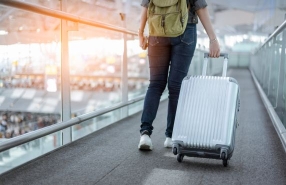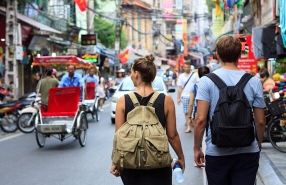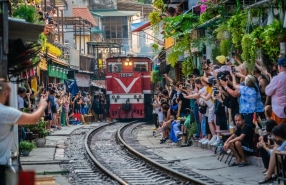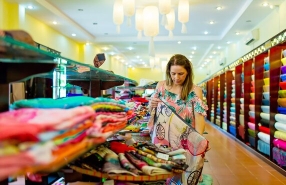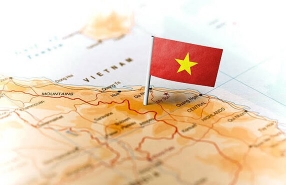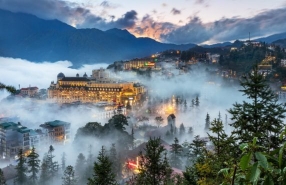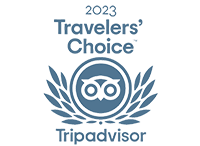Sapa Or Bac Ha: Which Place Is Best For A Trip To Northern Vietnam?

As you plan your travel itinerary in northern Vietnam, you probably wonder: Sapa or Bac Ha? Both destinations captivate travelers with breathtaking landscapes and the authentic culture of ethnic minorities. So, should you choose between Sapa and Bac Ha, or take the time to explore both? In this blog, we’ll help you make the best choice for your next trip to Vietnam!
Table of Contents
I. Overview of Sapa and Bac Ha
Should you travel to Sapa or Bac Ha? Both destinations are located in the Lao Cai province, northern Vietnam. Sapa is situated in the west of the province, while Bac Ha lies to the northeast.
Both located at high altitudes, Sapa and Bac Ha enjoy a cool climate year-round. Visiting Sapa or Bac Ha in any season offers travelers unique experiences. The peak season for these two destinations runs from September to November when the rice terraces are in full harvest, painting the mountains in a stunning golden hue.
Here are a few criteria to help you choose between Sapa and Bac Ha for your trip to northern Vietnam. If you're interested in trekking through famous natural sites like Mount Fansipan or visiting renowned ethnic villages, Sapa is the ideal destination. On the other hand, if you'd rather explore the largest and most vibrant ethnic market in the region, bringing together numerous ethnic groups and a variety of products, don't miss the Bac Ha Sunday market in the Bac Ha district.
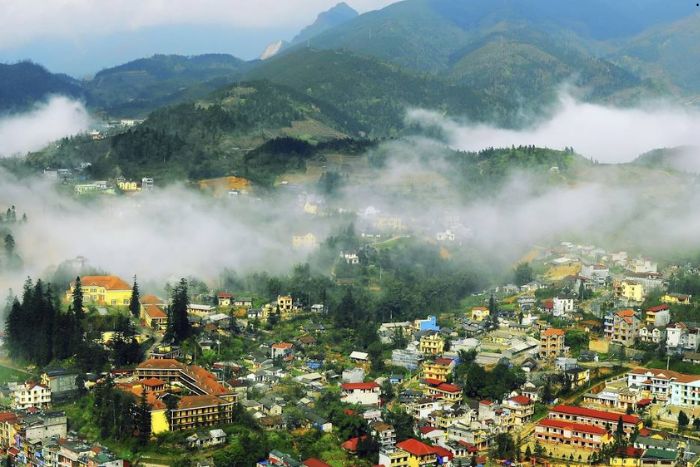
II. Why visit Sapa, the land of mist?
1. Explore the iconic Sapa attractions
Sapa is a must-visit destination for its many fascinating sites, each offering a unique experience. For instance, the Sapa Heaven Gate, Mount Fansipan, and O Quy Ho Pass will amaze you with their spectacular landscapes. You can also take a spiritual break by visiting the Sapa Stone Church and the spiritual and cultural complex on Fansipan Peak. And to meet the ethnic minorities and discover their daily lives, don’t miss the villages of Cat Cat, Ta Van, Ta Phin, and many more!
2. Admire the natural beauty year-round
Known as "the land of mist", Sapa offers breathtaking nature in every season. The Muong Hoa Valley and Mount Fansipan, known as the Roof of Indochina, change their appearance each month. From February to May, you can enjoy the sight of cherry and plum blossoms. From June to August, the rice terraces are a vibrant green, while from September to November, they turn a splendid golden hue for harvest. Finally, from December to February, Sapa cools down, and with a bit of luck, you may even see snow!
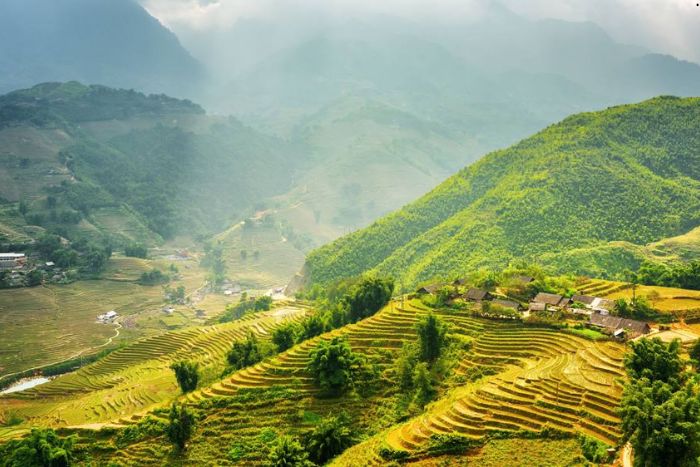
3. Enjoy various fun activities
There’s no shortage of activities in Sapa! For adventure enthusiasts, cycle through ethnic villages, test your courage on the Rong May glass bridge or embark on a trek to the Fansipan peak. If you prefer a quicker ascent, the cable car is there for you! In the evening, Sapa Square comes alive with cultural performances from the ethnic minorities, offering an immersive experience in the local atmosphere.
III. Why visit Bac Ha, the land of ethnic groups?
1. Travel to the most lively ethnic market
In the heart of the Bac Ha town, every Sunday, you can visit the Bac Ha market. It is the largest and most vibrant ethnic market in the region, even more so than the Sapa ethnic markets. The market is always alive, overflowing with colors thanks to the traditional costumes worn by the locals who participate.
For the locals, the Bac Ha Sunday market is much more than just a place for trade and exchanges: it’s a major cultural event that takes place every weekend. You’ll have the chance to meet many ethnic groups such as the Hoa, Hmong, Phu La, Dao, Tay, Nung, and more, learn about their cultures, and interact directly with them.
Don’t forget to check out the unique handicrafts in the stands, such as embroidered fabrics and handmade objects. The Bac Ha ethnic market is also the perfect place to try local specialties, like the famous “thắng cố”, a Hmong traditional dish made from horse meat.
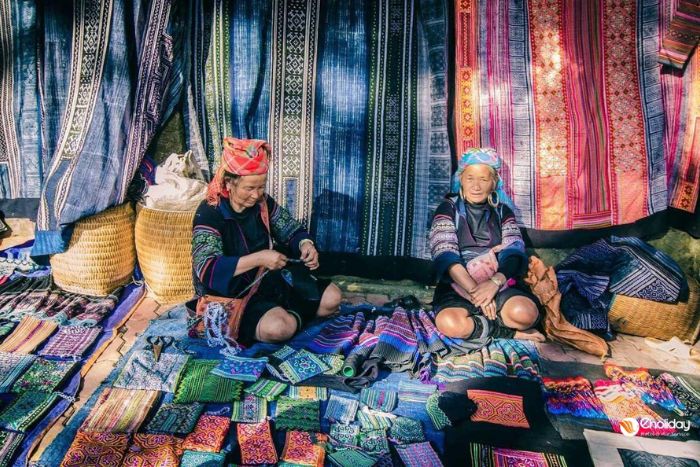
2. Discover traditional craft villages
Just as charming as Sapa, Bac Ha invites you to visit its ethnic villages and discover the daily life of the local ethnic groups. Each village has its traditional craft, passed down from generation to generation.
For example, the Hmong are known for making the "khèn", a traditional flute that’s an essential part of local celebrations. Hmong women weave linen to create colorful outfits with unique embroidered patterns. Women from the La Chi, Dao, Phu La, and Tay ethnic groups practice traditional sewing and produce pieces with distinctive cultural patterns. As for the Tay and Nung men, they focus on forging and silverworking, creating tools and jewelry like bracelets and necklaces. You can find these handcrafted treasures at the Bac Ha Sunday market!
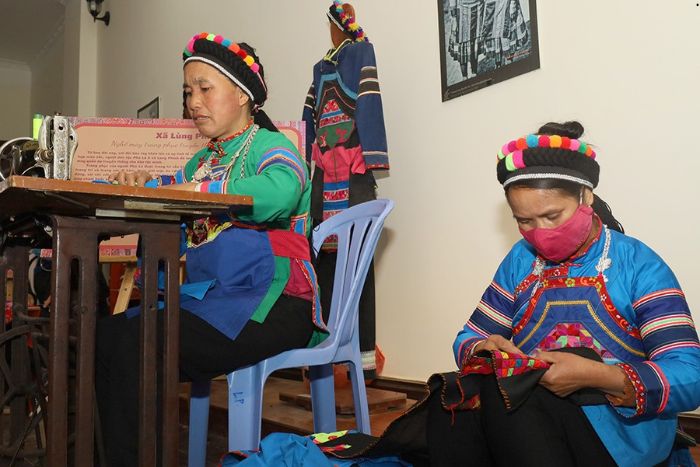
IV. How to get to Sapa and Bac Ha?
To reach Sapa or Bac Ha, you need to travel by road from the northern provinces of Vietnam, especially from the capital Hanoi. Several transport options are available to both Sapa and Bac Ha, including buses, sleeper buses, and limousines, with various departure times.
The journey from Hanoi to Sapa takes about 6 hours, so you can choose an overnight bus to arrive early in Sapa. On the other hand, to reach Bac Ha, you must first take a bus from Hanoi to downtown Lao Cai, then continue for about 80 km to Bac Ha.
If you want to visit both Sapa and Bac Ha, you can first go to Sapa, and then explore the surrounding villages along the 135 km road that leads to the Bac Ha district. To attend the Bac Ha market, it's recommended to arrive the day before, as this ethnic market starts early in the morning.
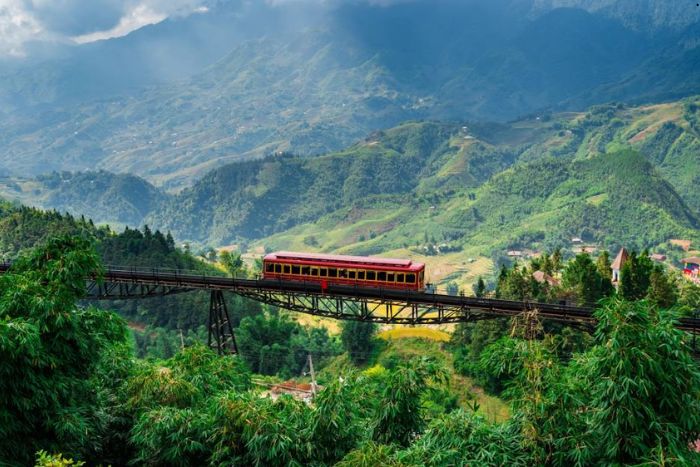
V. Suggested travel itinerary for Sapa and Bac Ha
If you are traveling only to Sapa or Bac Ha, 3 to 4 days will be enough to visit the key sites. But if you'd like to explore both destinations, you can refer to the 5-day Sapa and Bac Ha itinerary below:
By taking the time to explore both Sapa and Bac Ha, you'll enjoy a complete journey through northern Vietnam. However, if you're on a tight schedule, choosing one of these two destinations will still offer you unforgettable experiences. Don’t hesitate to contact Autour Asia, your Vietnam travel company, We’ll be happy to help you organize a trip that exceeds your expectations.
The best way to travel from Hanoi to Sapa is by taking a shuttle bus or a train. The shuttle bus offers comfort and convenience, taking about 6-7 hours.
Alternatively, a train from Hanoi to Lao Cai (near Sapa) offers a scenic journey, followed by a 1-hour drive to Sapa. Both options are affordable and popular, but the sleeper bus is quicker, while the train offers a more relaxed experience.
Yes, both Sapa and Bac Ha are generally safe for travelers. These regions are popular tourist destinations, and local communities are welcoming. However, as with any destination, it's important to exercise caution, especially in remote areas. Be mindful of your belongings, particularly in crowded markets, and follow local advice for hiking or traveling in mountainous areas. If you're traveling independently, it's a good idea to have a local guide or join a tour for added security and convenience.
Related travel guide
Other similar articles
CUSTOMIZABLE BY LOCAL EXPERTS
Personalized trip at the original price!
REFUND GUARANTEE
We believe in our work and promise to give you money back.
GOOD PRICE / QUALITY
95% satisfied more than expected!
24/7 LOCAL SUPPORT
We are always available online to provide assistance at any time.
Most read articles
Autour Asia is highly recommended on
Embracing the mission of "Satisfied more than expected" and providing authentic experiences, we have received numerous recommendations on reputable travel forums:












